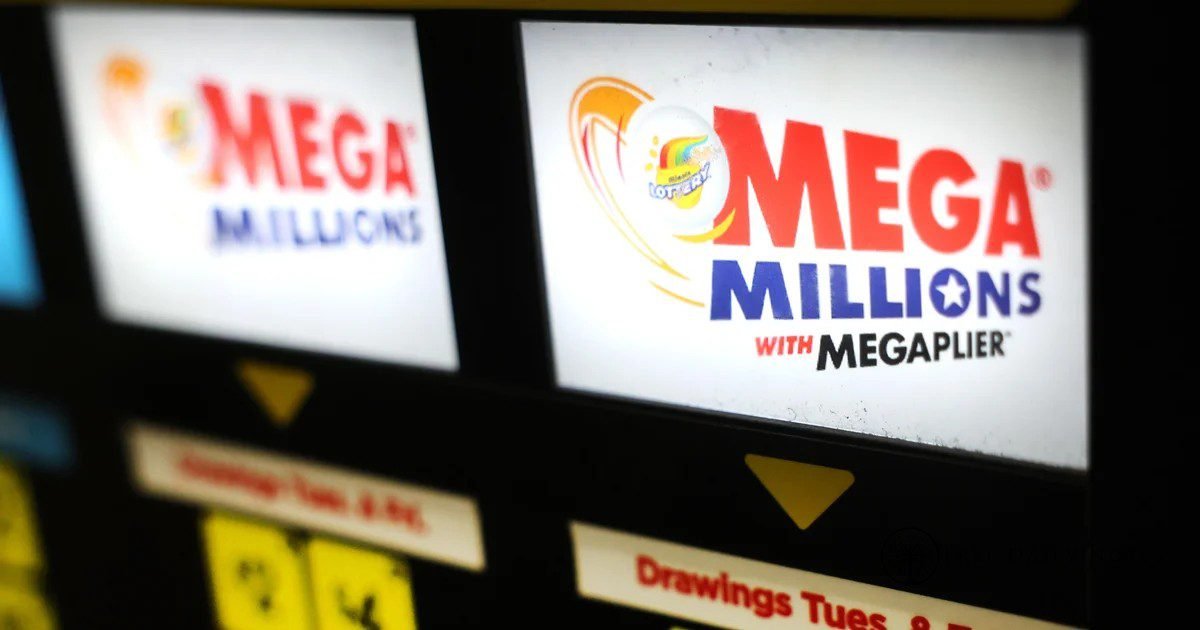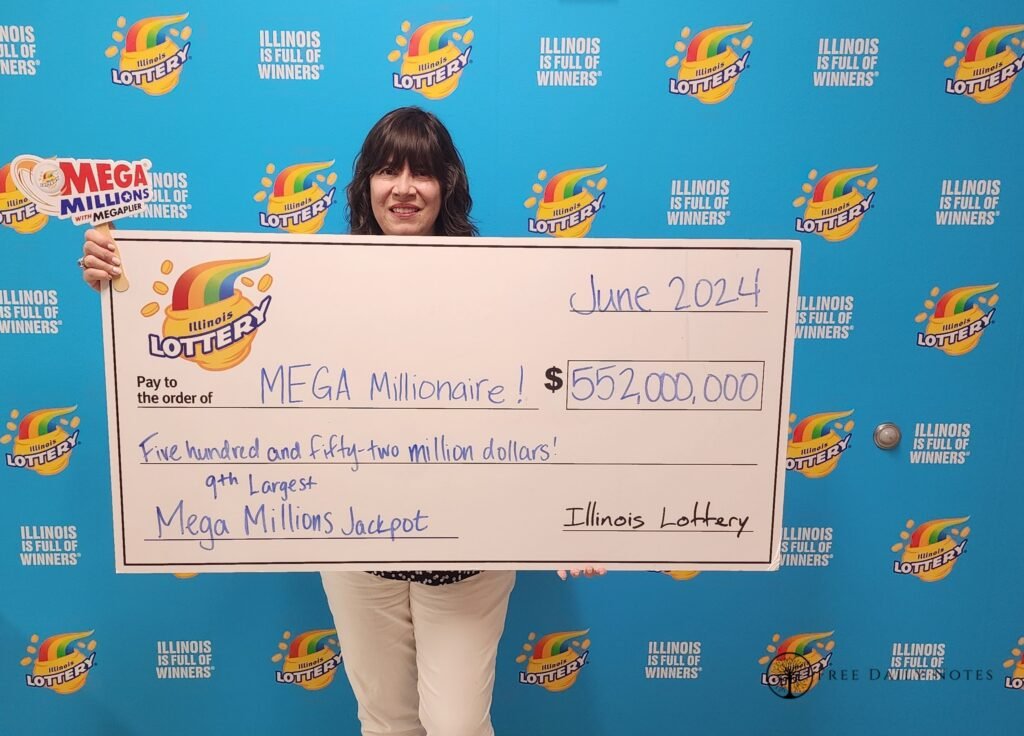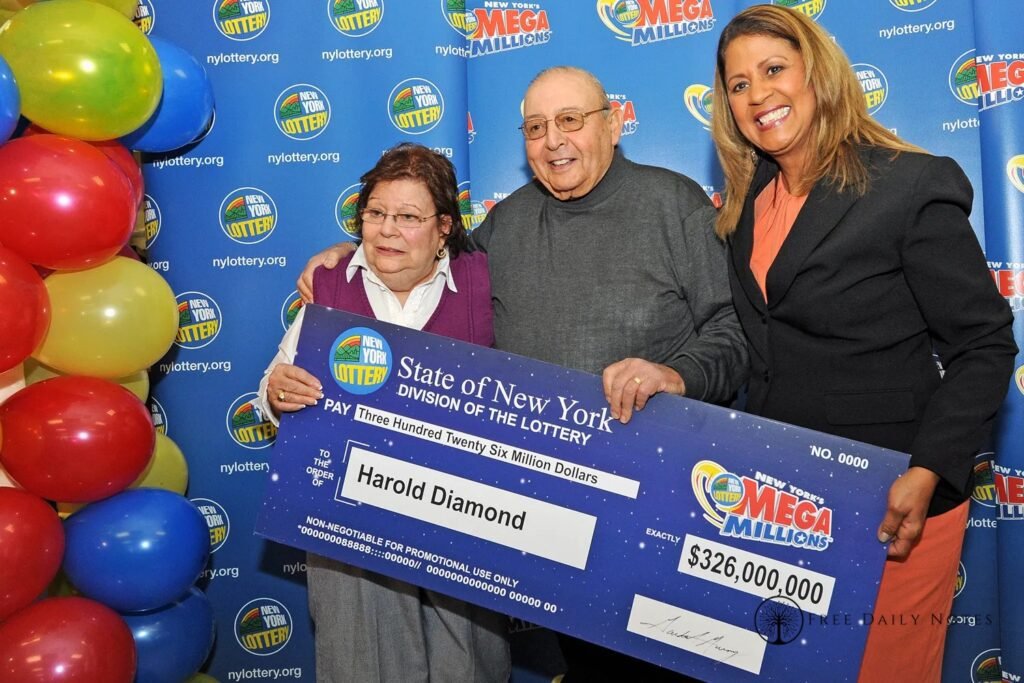
I still remember the first lottery ticket I ever bought. Standing in line at the gas station, watching the guy ahead of me purchase what seemed like fifty scratch-offs, I thought to myself, “What a waste of money.” Then I found myself asking for a Mega Millions ticket anyway. Funny how that works.
We’ve all done it—daydreamed about becoming that next mega millions jackpot winner while waiting for our numbers to be called. But what actually happens when someone hits those magical numbers? Is it really the happy ending we all imagine?
Spoiler alert: it’s complicated.
The Latest Mega Millions Jackpot Winner | When Lightning Strikes
Have you been checking those mega million numbers obsessively? You’re not alone. After the June 27, 2025 mega millions drawing, someone in Tennessee is probably still in shock, staring at a ticket worth $476 million.
What fascinates me is that moment—that exact second when someone realizes they’ve won. There’s no instruction manual for what to do when your life changes instantly. Most mega millions jackpot winners describe a surreal feeling of disbelief. Some check their tickets dozens of times. Others wake up family members at ungodly hours. One winner from Georgia in 2023 actually fainted in the convenience store where she checked her ticket!
But here’s something most people don’t realize: winning creates a weird limbo period. Between matching those numbers and actually getting the money? Weeks or even months can pass. And during that time, winners have to make some of the biggest decisions of their lives—all while trying not to tell everyone they know.
What Happens After Someone Becomes a Mega Millions Jackpot Winner?

Okay, so you’ve won. You’ve triple-checked the numbers. You’ve hyperventilated into a paper bag. Now what?
First things first—sign that ticket! Like, immediately. An unsigned lottery ticket is essentially bearer paper, meaning whoever holds it can claim it. I actually knew someone who worked at a lottery commission office, and he told me horror stories about family members stealing each other’s winning tickets. Not exactly heartwarming stuff.
Next comes the biggest decision a mega millions jackpot winner faces: lump sum or annuity?
The lump sum is tempting—you get about 60% of the advertised jackpot all at once. For that $476 million jackpot I mentioned? You’re looking at roughly $285 million before taxes. But wait, did I just say “before taxes”? Yeah, we need to talk about that.
Uncle Sam wants his cut—a hefty 24% federal withholding right off the top, plus whatever your state decides to take. When all is said and done, that $476 million might actually be closer to $170 million in your pocket.
Still life-changing money! But not quite the headline number.
The Untold Stories of Past Mega Millions Jackpot Winners

We all know the cautionary tales—the mega millions jackpot winners who blow it all in five years, end up bankrupt, or get hounded by long-lost “relatives” and investment “opportunities.” But I’ve always been more interested in the success stories we don’t hear as often.
Take Jason Wilson (name changed because, well, privacy), who won $237 million in 2018. Instead of quitting his job immediately, he actually kept working for six months while quietly assembling a team of financial advisors. He told absolutely no one except his wife and parents. No flashy purchases, no social media announcements.
Today? He’s still living in the same town, albeit in a nicer house. He established a foundation that funds college scholarships for local kids. Most people in his community have no idea he’s worth nine figures.
Or consider the story of the “Powerball 16″—not mega millions jackpot winners technically, but a group of coworkers who won a massive Powerball prize. They kept their jobs at an auto parts manufacturing plant and invested in the business, saving it from closing down. Their winnings ended up preserving over 300 jobs in their community.
Wait, why don’t we hear these stories more often? Simple—drama sells. “Lottery winner lives responsibly and makes sensible choices” doesn’t exactly make for a viral headline.
Financial Realities Facing a Mega Millions Jackpot Winner
Let’s get real about the money part. Because—and I cannot stress this enough—most people are catastrophically unprepared for managing sudden wealth.
Every financial advisor I’ve spoken with says the same thing: the first thing a mega millions jackpot winner should do is… nothing. Seriously. For like, six months. Park the money somewhere safe and boring (Treasury bills, anyone?), and take time to adjust to your new reality.
Why? Because your brain literally isn’t wired to handle this kind of financial shift. Studies show that windfall recipients often suffer from something called “sudden wealth syndrome”—a real psychological condition that can cause anxiety, guilt, social isolation, and terrible decision-making.
The smartest mega millions jackpot winners follow what I call the Rule of Three:
Hire a financial advisor (fee-only, not commission-based)
Hire a tax attorney specializing in sudden wealth
Hire a therapist (yep, really)
That third one might sound strange, but it might be the most important. Money changes relationships in ways you cannot predict. Friends treat you differently. Family dynamics shift. Your own identity gets tangled up with your wealth. It’s a lot.
And if you think I’m being dramatic, consider this: a study from the National Endowment for Financial Education found that about 70% of people who receive sudden windfalls lose it all within a few years. That’s not just lottery winners—that’s inheritances, legal settlements, all of it.
The June 27, 2025 Mega Millions Drawing | What Everyone’s Talking About

The recent mega millions drawing has everyone buzzing, and not just because of the $476 million prize. This particular drawing came after 28 consecutive rollovers—a near record. The winning numbers (8, 24, 30, 45, 61, and Mega Ball 12) were selected at exactly 11:00 PM Eastern time, just like they always are.
But here’s something interesting most people miss: according to data from the Multi-State Lottery Association, Tuesday and Friday nights (when mega millions drawings happen) see a measurable uptick in convenience store traffic—even among people who don’t normally play. It’s like the excitement is contagious.
I’ve always found it fascinating how the entire country can be briefly united by something as simple as watching numbered balls pop out of a machine. For a few minutes twice a week, millions of Americans share the same experience—the same anticipation, the same dreams.
And honestly? There’s something kind of beautiful about that.
The Odds Reality Check
I’d be remiss if I didn’t mention the odds. Your chances of winning the Mega Millions jackpot are approximately 1 in 302.6 million. To put that in perspective, you’re more likely to:
Be struck by lightning (1 in 15,300)
Become a movie star (1 in 1.5 million)
Get attacked by a shark (1 in 3.7 million)
All on the same day.
But hey, somebody has to win eventually, right? That’s the thing about probability—it only takes one ticket to win. Just don’t spend the rent money chasing that dream.
Final Thoughts
The dream of becoming a mega millions jackpot winner will continue to fuel ticket sales and fantasies across America. It’s part of our culture—this collective hope that life could change in an instant, that financial worries could disappear with the matching of a few numbers.
But if there’s one thing I’ve learned from studying lottery winners, it’s that money amplifies who you already are. It doesn’t change your character; it reveals it. The people who find happiness after winning were generally happy people before. The ones who maintain their wealth were responsible with money even when they had less of it.
So maybe the real question isn’t “What would you do if you won the lottery?” but rather “Who would you be?”
Something to ponder next time you’re standing in line, ticket in hand, watching those numbers being drawn.
Frequently Asked Questions
How does someone claim their prize if they’re a Mega Millions jackpot winner?
The claiming process varies by state, but generally, a mega millions jackpot winner needs to contact their state lottery office directly—don’t just show up! For prizes this large, you’ll need to make an appointment. Bring identification (multiple forms), the signed ticket, and ideally, a lawyer. Most states give winners between 90 days and one year to claim their prize, but don’t wait—the sooner you establish ownership, the better.
Can a Mega Millions jackpot winner remain anonymous?
This depends entirely on where you bought your ticket. Only about a dozen states allow mega millions jackpot winners to remain completely anonymous, including Delaware, Kansas, Maryland, North Dakota, and Ohio. In some states like Florida and California, your name becomes public record—no exceptions. Others allow winners to claim through trusts or LLCs, providing a layer of privacy. If anonymity matters to you, consult with a lawyer before claiming.
What taxes does a Mega Millions jackpot winner have to pay?
The tax hit is substantial! A mega millions jackpot winner will face a mandatory 24% federal withholding tax immediately, but that’s just the beginning. Since this amount pushes you into the highest tax bracket, you’ll owe up to 37% federally come tax time. Then there are state taxes, which range from zero in states like Florida, Texas, and Wyoming to over 8% in places like New York and New Jersey. All told, expect to lose between 30-45% of your winnings to taxes.
What are the odds of becoming a Mega Millions jackpot winner?
The odds of hitting the jackpot as a mega millions jackpot winner are approximately 1 in 302.6 million. For perspective, if you bought one ticket every day, you’d need to play for about 828,767 years to be statistically likely to win once. Your odds of winning any prize (including the $2 prize for matching just the Mega Ball) are much better—about 1 in 24. So at least there’s that!
Where should a Mega Millions jackpot winner keep their money?
A new mega millions jackpot winner should avoid keeping all their money in one place. The FDIC only insures up to $250,000 per depositor per bank, so that $100+ million won’t be protected in a single account. Smart winners typically spread their funds across multiple financial institutions, utilizing a mix of Treasury securities, high-quality municipal bonds, and other conservative investments initially. Remember, preserving wealth requires a completely different strategy than building wealth. Find advisors who specialize in working with high-net-worth individuals and who charge flat fees rather than commissions.


